As we advance in years, our bodies face the inevitable challenge of age-related health decline. The invincibility of youth fades and the importance of senior nutrition takes a front seat.
But what we ate in our 30s no longer serves us in our 60s and beyond. Most of the literature you find around proper nutrition is generalized, or centred around the young. Plus, there is the overwhelming noise of countless health fads, nutritional shortcuts, and expensive products.
We’ve curated elderly-centric advice about tailored nutritional choices to help you make the best decisions for healthy aging. Reclaim robust health and wellness with actionable tips and advice, steering you towards a life of vitality post 60. It’s easier than you think.
Understanding Senior Nutrition
The transition into our 60s brings about nuanced changes in our body, notably in how it’s able to process nutrients. A subtle shift, one often unnoticed until we sense a decline in energy or face a health issue. But adequate senior nutrition is the key to unlocking a life of vitality.
By understanding and adapting to these changes, you’ll be able to maintain an independent living lifestyle for years to come. Armed with the right nutritional knowledge, seniors can significantly enhance their physical stamina, mental acuity, and overall quality of life.
According to the Canadian food guide for seniors, a wholesome diet of fruits and vegetables, whole grains, and protein-rich foods are essential. These types of foods will cover most of the nutrients seniors need for healthy aging. You may also want to consider nutrition supplements for seniors such as vitamin D when it’s difficult to get in the quantities you need through diet alone.
How to Counter a Declining Appetite
A common barrier for seniors and proper nutrition is a declining appetite. This loss of appetite is often exacerbated by changes in taste or smell. Using a dash of creativity, you can overcome these hurdles. Here are some quick tips for the most common issues:
- Make eating a social activity. This is easy if you reside in an independent living community. Mealtimes run like clockwork and the communal dining keeps you accountable, so you don’t forget to eat.
- Explore new horizons of flavour with different spices and herbs (steer clear of the salt shaker). Changes in your sense of taste can make food bland and uninspired. Reignite your passion for food with flavour-enhancing additives.
- Olfactory sense is key to triggering appetite. Try eating hot foods with mixed spices, as they have a much stronger smell.
- Sometimes, a change in the texture and temperature can reignite interest in foods.
- If you’re struggling to eat harder food, switch up the preparation style. Such as cooking your vegetables, so they have a softer texture, or eating softer dishes like soups and risotto.
Consequences of Poor Nutrition
Poor nutrition can have far-reaching consequences, especially for seniors. Neglecting proper senior nutrition will see a decline in your physical and mental well-being.
Common repercussions of inadequate nutrition for older adults include:
- Decreased energy levels, making it challenging to engage in daily activities or maintain an active lifestyle.
- A weakened immune system, increasing susceptibility to infections and illnesses. Potentially life-threatening for seniors.
- Exacerbate existing chronic conditions or even contribute to the development of new ones, such as diabetes or heart disease.
- Decline in mental health, leading to mood swings, depression, or cognitive performance.
The detrimental impact of poor nutrition underscores the importance of making informed, healthful food choices. Senior nutrition will aid in prolonging life as well as enhancing the quality of life.
Three Health Pitfalls to Avoid Post-70
As we cross the threshold of 70, certain lifestyle choices can significantly impact our health. Each of these pitfalls can be navigated with simple lifestyle modifications. Setting the stage for healthy aging.
Excessive Sugar Intake
High sugar consumption is linked to a plethora of health issues including obesity, diabetes, and heart disease. Enjoy sweet treats in moderation.
Sedentary Lifestyle
Staying active is key to senior independent living. Regular exercise paired with a nutritious diet will do wonders for your physical and mental health.
Ignoring Regular Check-ups
Health issues can creep up unnoticed. Regular health check-ups are essential for early detection and management of health problems.
Top Three Nutritional Foods for Healthy Aging
As we age, the nutritional needs of our body evolve. Once we pass the 50-year mark, our bodies become less adept at absorbing nutrients. Making it essential to choose foods that bolster our health and vitality. Three nutrient-dense foods particularly beneficial for seniors are:
- Dark leafy greens
- Berries
- Seafood
Incorporating these foods into your diet can significantly enhance your physical and mental well-being. Fostering an active, independent, lifestyle as you age gracefully.
Dark Leafy Greens
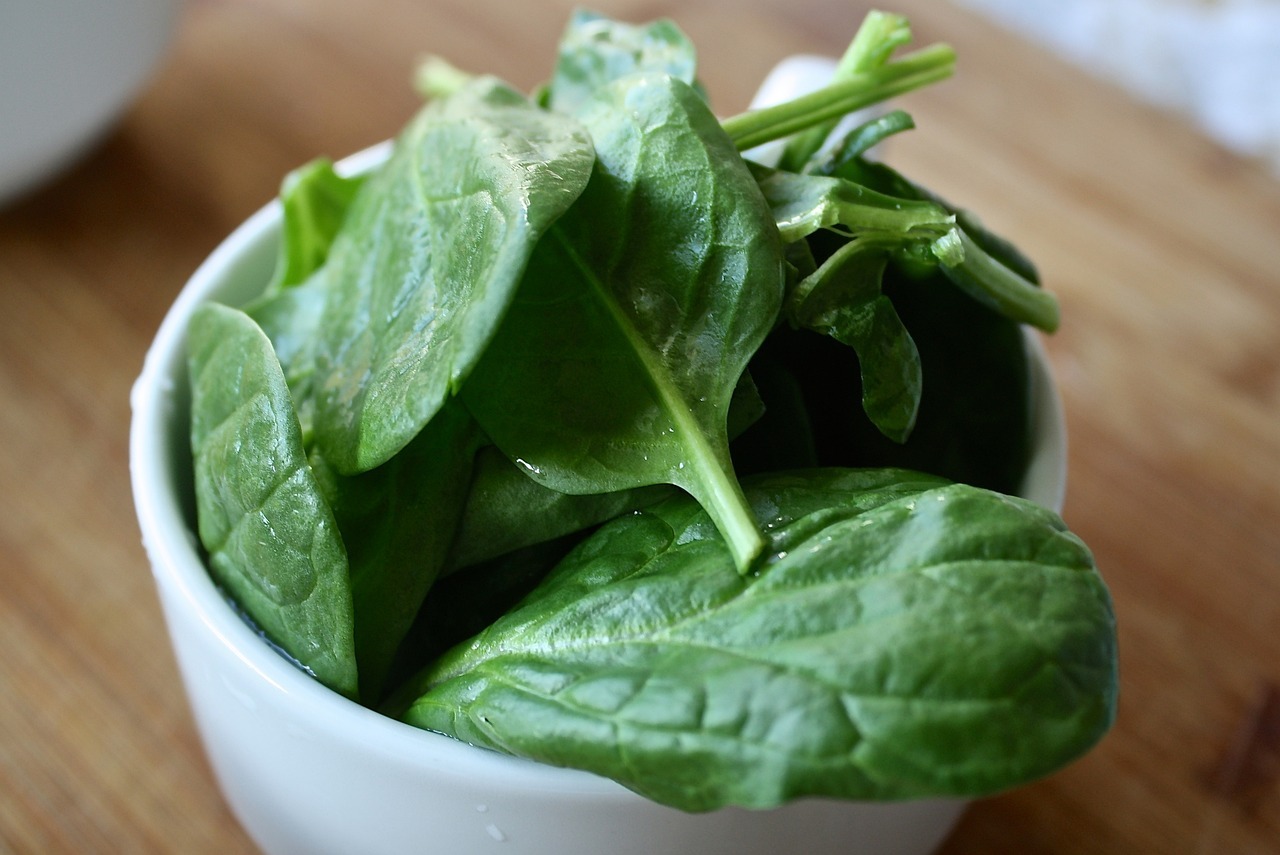
Berries
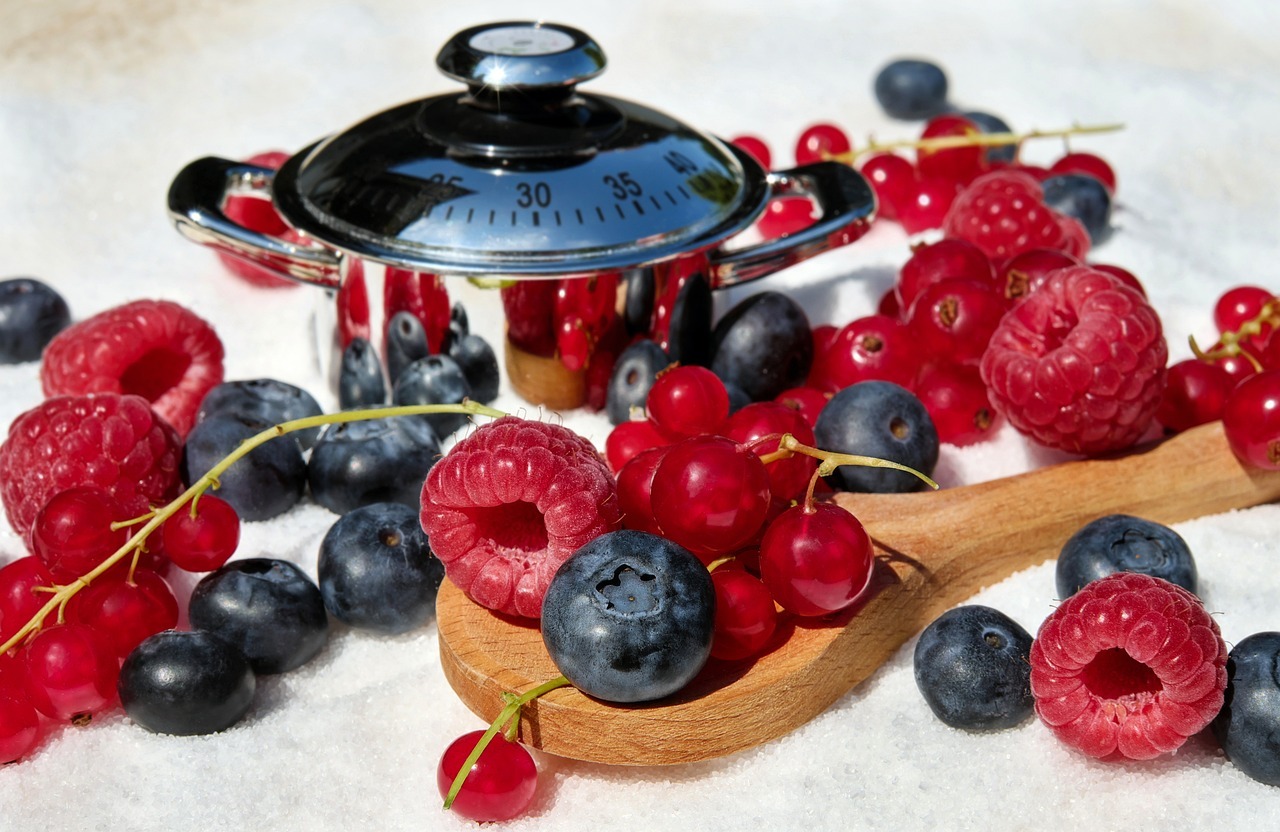
Seafood
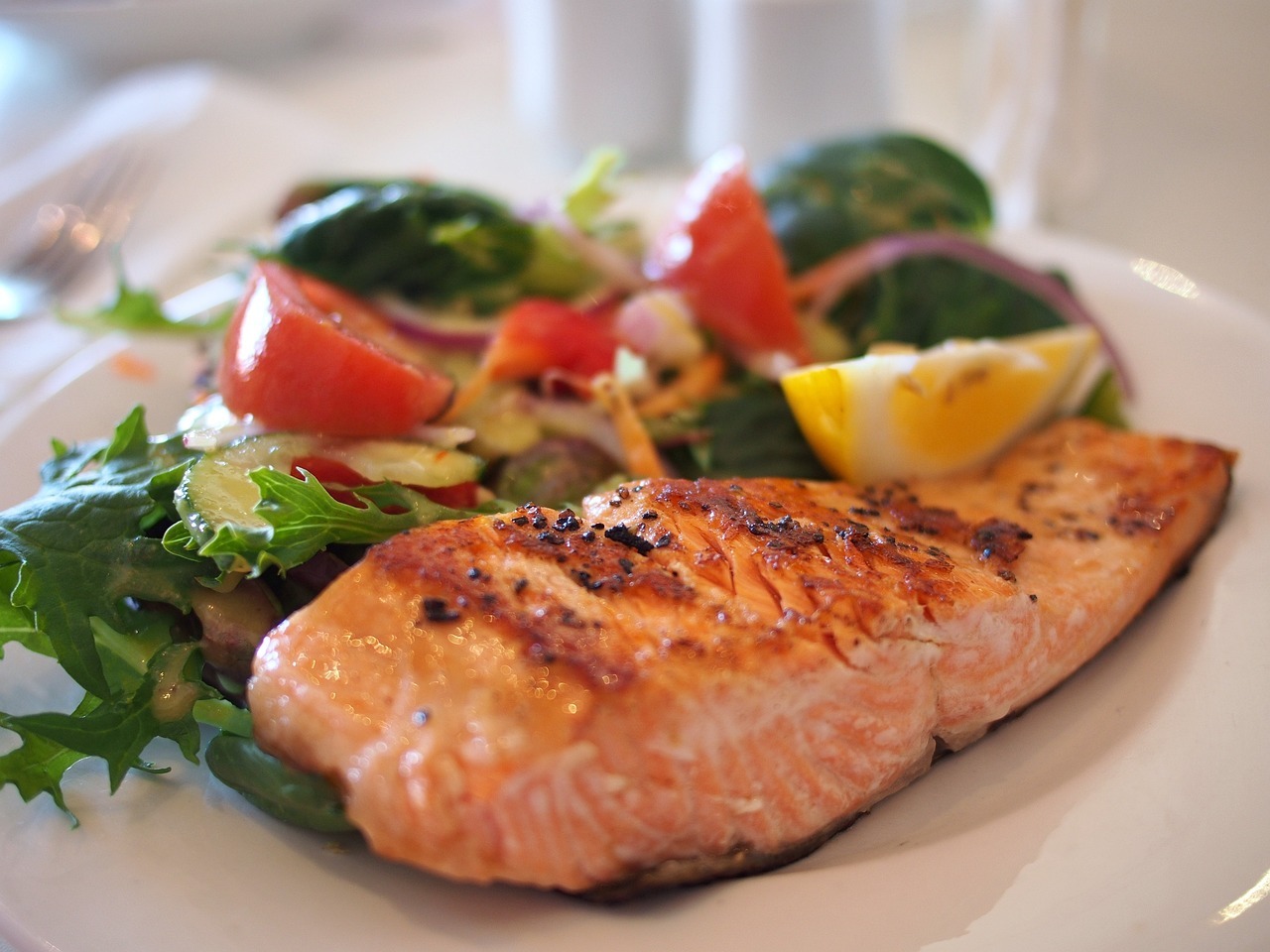
Enhancing Fitness Through Nutrition
Engaging in regular strength training for older adults is crucial to preserve muscle mass, improve balance, and promote overall functional fitness. Balancing exercise with the right nutritional choices will significantly bolster your physical fitness. Enabling you to harness the power of senior nutrition, so you can increase energy, gain muscle, and keep bones healthy.
Embracing these nutritional strategies can pave the way for enhanced physical fitness. Helping you live a vibrant, active lifestyle as you age gracefully.
Protein-Rich Foods
Protein is crucial for muscle maintenance and growth. Our bodies begin to lose muscle mass after 60, so it’s vital to increase protein intake in support of senior fitness. Incorporate protein-rich foods such as lean meats, fish, eggs, as well as plant-based proteins like beans and lentils into your diet.
Calcium and Vitamin D
These nutrients are vital for bone health. The significance of bone density in older adults and its impact on the overall health and fitness of seniors is crucial. Strong bones are essential for fitness in seniors, providing support for physical activity. Dairy products, fortified foods, leafy greens, and fish are excellent sources.
Hydration

Healthy Fats
Fats boost energy levels for physical activity and fuels endurance sports like long-distance running. Sources like avocados, nuts, and olive oil provide healthy fats for senior nutrition.
Whole Grains
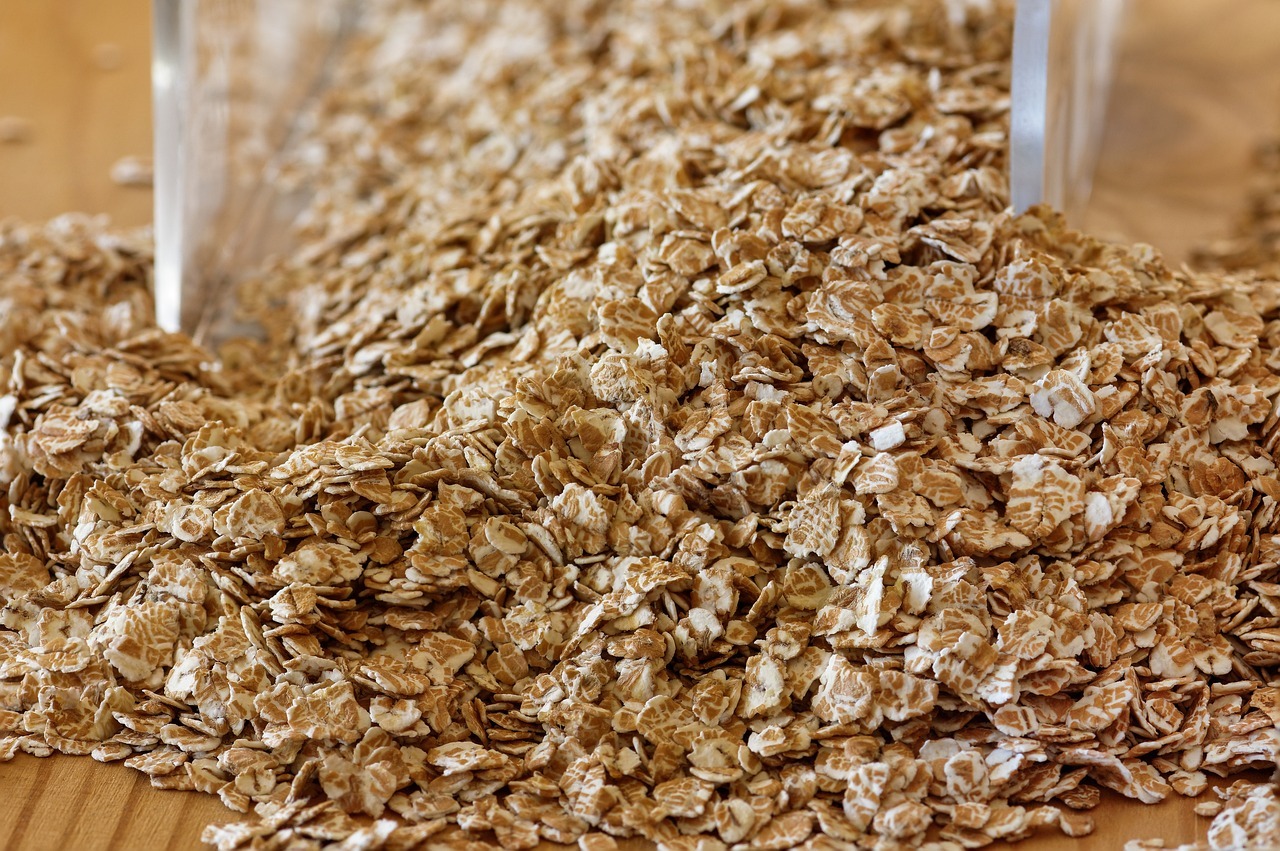
Antioxidant-Rich Foods
Important for supporting joint and muscle health, as well as helping combat inflammation. Foods rich in antioxidants include berries and leafy greens. Green tea can also be a good source of antioxidants.
Boosting Mental Health Through Nutrition
Mental health is a crucial aspect of overall well-being in older adults. Senior nutrition can play a significant role in maintaining a sharp mind and healthy brain function. Maintaining brain health has the added benefit of helping you to reduce dementia risk or other cognitive decline. Allowing seniors to enjoy a fulfilling life with cherished memories.
Omega-3 Fatty Acids
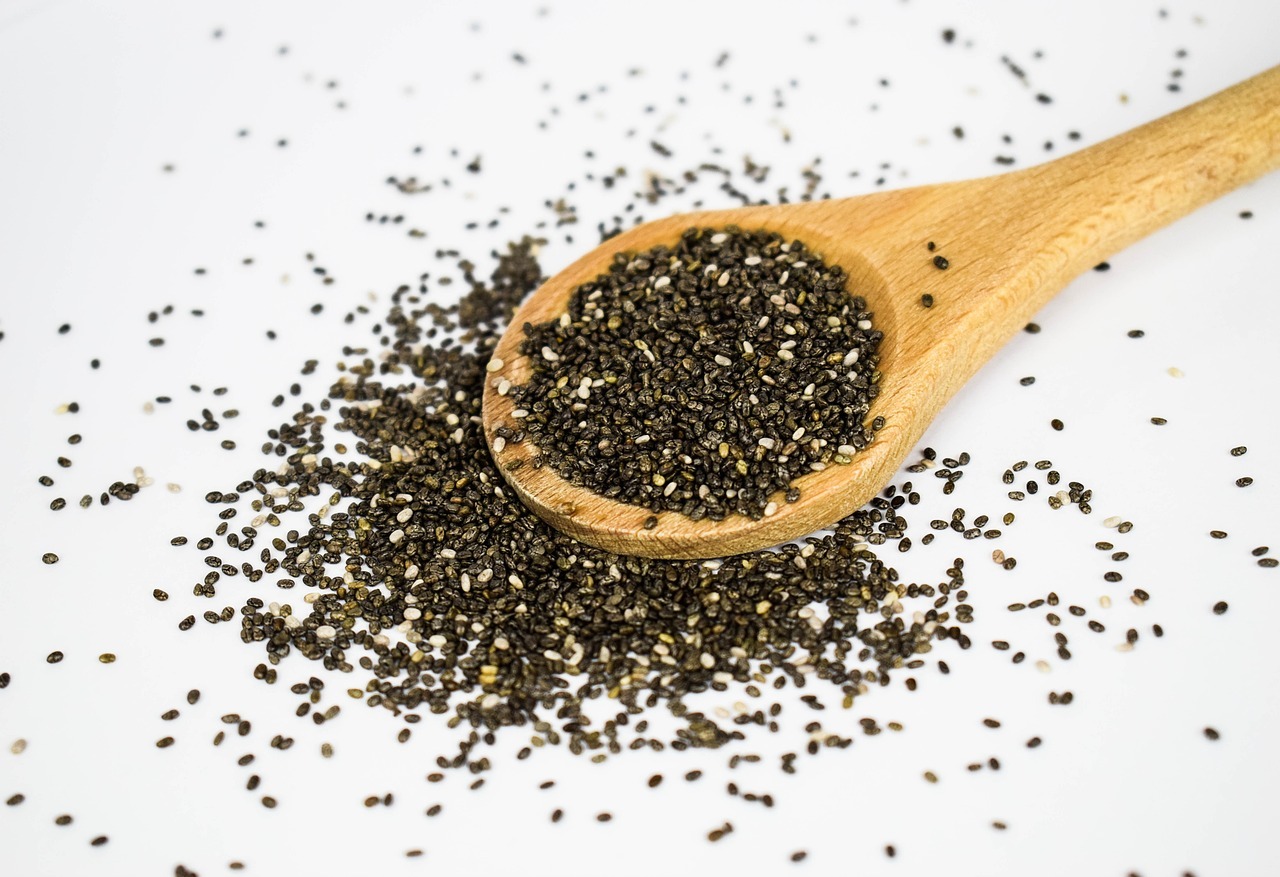
Antioxidants
Oxidative stress damages brain cells and leads to neurodegenerative diseases. Eating foods high in antioxidants, like berries and dark chocolate, will combat oxidative stress.
Vitamin D
Vitamin D serves many purposes, including maintaining our brain function, and is associated with a lower risk of cognitive decline. It’s best sourced from sunlight, fortified foods, or supplements.
Nutrition Choices for Emotional Wellness
Practising mindful eating by savouring each bite, and appreciating your food can create a positive eating experience which improves our well-being. But did you know that being mindful of senior nutrition can also improve your mood?
The foods we choose can influence our mood and overall emotional landscape. By making mindful nutritional choices, seniors can boost their mood and help regulate their emotional well-being.
B-Vitamins
B-vitamins are an essential part of your brain chemistry, involved in the production of neurotransmitters that regulate mood. Some studies have also linked vitamin B12 deficiencies to depression, irritability, and anxiety.
Get the benefits of these vitamins by eating meats, eggs, dairy, plant-based milks, and fortified cereals.

Vitamin D
Studies show higher levels of vitamin D are associated with a lower risk of depression. Seek out natural sunlight (about 30 minutes to an hour), consume fortified foods, or take a daily supplement.
Omega-3 Fatty Acids
The role omega-3 fatty acids play in supporting brain health, can in turn help regulate mood. In addition to seafood, seniors can get omega-3 fatty acids from walnuts, flaxseeds, chia seeds, and soybeans.
Complex Carbohydrates
Complex carbohydrates take longer to digest, providing a sustained release of blood sugar. Blood sugar levels affect mood regulation, with low levels leading to irritability and anxiety. Eating regular meals and healthy snacks can also help maintain stable blood sugar levels, which is essential for mood regulation.
Foods like whole grains and legumes provide steady energy, which can help maintain a balanced mood throughout the day.
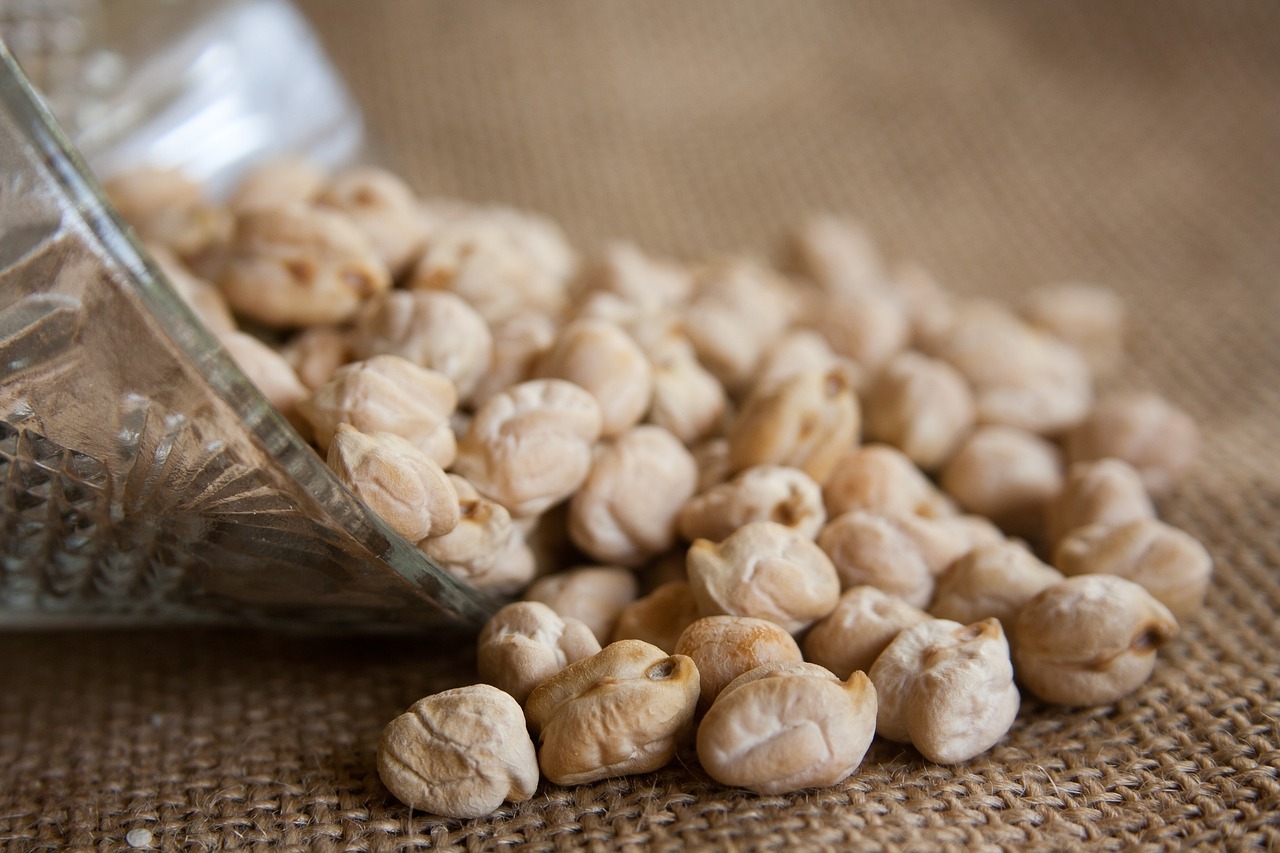
Embracing Senior Nutrition
Aging is an inevitable part of life, but the quality of aging hinges on the choices we make. By embracing senior nutrition with a well-rounded diet rich in essential nutrients, older adults can boost their physical health, mental acuity, and emotional wellness.
Whether you’re seeking to enhance your own well-being or the health of a loved one, the principles of good nutrition for seniors outlined in this guide provide a solid foundation to promote healthy aging.



